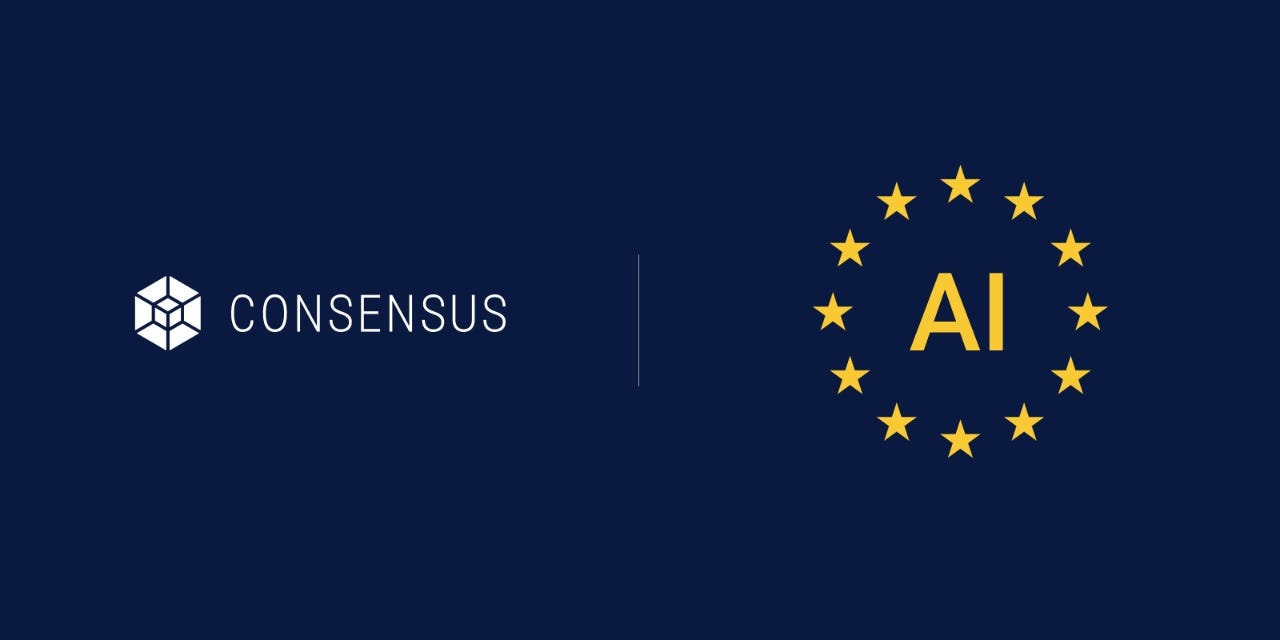The European AI Alliance is an inclusive, multi-stakeholder forum established by the European Commission to foster open dialogue and public engagement in shaping Europe’s approach to artificial intelligence (AI). It serves as a key platform for discussing AI policy, ethics, innovation, and regulatory frameworks — including the EU AI Act — bringing together a diverse community of individuals and institutions across sectors and member states.
1. Background and Establishment
The European AI Alliance was launched in 2018 by the European Commission as part of its broader strategy to position Europe as a global leader in trustworthy AI. The initiative was introduced alongside the High-Level Expert Group on Artificial Intelligence (AI HLEG) to provide a structured venue for civil society, academia, industry, and public institutions to collaborate on developing ethical and legal guidance for AI technologies.
Unlike purely governmental bodies, the Alliance is an open, participatory platform hosted on a dedicated online forum managed by the European Commission. Anyone interested in AI governance, innovation, or policy development within the EU can register and contribute to discussions. As of 2024, the Alliance includes over 6,000 members representing a wide range of interests — from small tech startups to national regulators and AI ethicists.
2. Purpose and Role in the EU AI Ecosystem
The European AI Alliance plays a consultative and facilitative role in the EU’s AI governance ecosystem. Its primary objectives are to:
- Foster inclusive dialogue on AI policy and regulation, especially concerning fundamental rights and ethical implications.
- Enable stakeholder engagement in the legislative process, including public feedback on the EU AI Act and related proposals.
- Promote awareness and education on AI opportunities, risks, and societal impacts.
- Support cross-border and cross-sector cooperation among AI developers, deployers, civil society groups, and policymakers.
Crucially, the Alliance is not a decision-making body but functions as a collaborative channel through which the European Commission can crowdsource ideas, gather feedback, and ensure transparency in AI-related policymaking.
3. Key Contributions and Impact
Since its inception, the European AI Alliance has made several important contributions to the development of responsible AI in the EU, including:
- Public consultations on the draft Ethics Guidelines for Trustworthy AI (2019), the White Paper on AI (2020), and the draft EU AI Act (2021–2023).
- Participation in the pilot testing of the AI HLEG’s assessment list for trustworthy AI (ALTAI).
- Input on AI literacy initiatives and educational strategies for EU citizens and SMEs.
- Recommendations to the European Commission on transparency requirements, risk classification, and oversight mechanisms for high-risk AI systems.
These contributions have directly influenced both the substance and scope of the EU AI Act — the landmark regulation that establishes a legal framework for safe and trustworthy AI in Europe.
4. Connection to the EU AI Act and the EU AI Safety Alliance
The European AI Alliance complements the role of the EU AI Safety Alliance (hosted at complianceeu.org), which focuses on formal compliance assessments, independent certification, and governance support under the EU AI Act.
While the EU AI Safety Alliance ensures conformity with legal requirements (e.g. data governance, risk mitigation, and post-market monitoring), the European AI Alliance functions more as a public deliberation and knowledge-sharing platform. Together, these entities create a comprehensive environment for AI development that is:
- Ethically grounded
- Technically robust
- Legally compliant
- Socially inclusive
Organizations that engage with both platforms benefit from staying aligned with regulatory trends, while also contributing to normative debates about how AI should evolve in Europe.
5. Stakeholder Engagement and Community Participation
The strength of the European AI Alliance lies in its diverse, multidisciplinary membership. Members regularly participate in:
- Discussion threads on policy proposals, best practices, and sector-specific challenges.
- Surveys and consultations initiated by the European Commission.
- Thematic working groups on AI in healthcare, education, employment, law enforcement, and more.
This collaborative structure encourages co-creation of solutions and helps bridge gaps between technology developers, regulators, and the public. The platform also fosters transparency and trust, making it a vital instrument in the democratic governance of emerging technologies.
6. Key Themes Addressed by the Alliance
Some of the prominent topics addressed by the Alliance include:
- High-risk AI systems and their classification under the EU AI Act.
- Transparency and explainability of AI systems.
- Human oversight and accountability mechanisms.
- Impact of AI on fundamental rights and democratic values.
- Data protection and cybersecurity in AI applications.
- AI ethics and sustainability.
- International cooperation and global alignment on AI standards.
These topics reflect the EU’s commitment to ensuring that AI serves the public good and does not undermine human dignity, fairness, or equality.
7. How to Join the European AI Alliance
Anyone can become a member by registering through the official European Commission platform. Membership is free and open to:
- Individuals (researchers, developers, citizens)
- Public sector entities
- Private companies (including SMEs and startups)
- Non-governmental organizations and advocacy groups
Participation in the Alliance offers a unique opportunity to stay informed, influence AI governance, and contribute to shaping Europe’s digital future.


